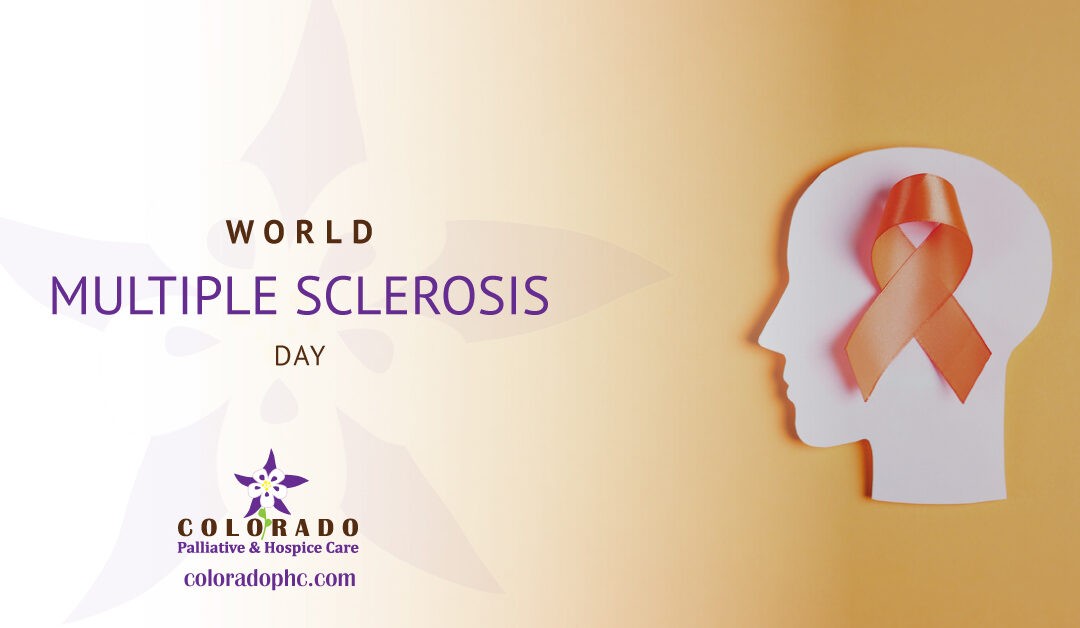May 30th is World Multiple Sclerosis Day, celebrating global solidarity and hope for the future. The theme for World MS Day 2020-2023 is ‘connections.’ MS Connections focuses on establishing connections within the community, encouraging self-reflection, and access to quality care. The goal is to break down social barriers that often cause those affected by MS to feel lonely and isolated.
What is Multiple Sclerosis (MS)?
Multiple sclerosis is a disease that affects the brain, spinal cord, and optic nerves, which make up the central nervous system and controls vital bodily functions.
Despite affecting more than 2.8 million people worldwide, many individuals with MS continue to face social isolation and stigmatization. World MS Day aims to raise awareness about the condition and advocate for improved access to care, treatment, and support for those affected. It is a day to unite as a global community to show solidarity, celebrate progress, and inspire hope for the future.
The symptoms of Multiple Sclerosis (MS) can vary widely from person to person, depending on the location and severity of the damage to the central nervous system. Some common symptoms include:
- Fatigue
- Numbness or tingling in the limbs or face
- Weakness or spasticity in the muscles
- Blurred or double vision or other vision problems
- Difficulty with balance and coordination
- Problems with memory or cognitive function
- Heat sensitivity
- Bowel or bladder dysfunction
- Sexual dysfunction
- Pain or discomfort
It is important to note that not all individuals with MS experience all of these symptoms, and some may experience symptoms not listed here. Additionally, the severity and progression of symptoms can vary widely among individuals. If you are experiencing any of these symptoms, it is important to talk to a healthcare professional for proper diagnosis and treatment.
Hospice Care Can Help
Hospice care can be an essential option for people with Multiple Sclerosis (MS) in the advanced stages of the disease. Hospice care providers can help manage symptoms such as pain, fatigue, and difficulty with mobility. They can also provide emotional and spiritual support for both the patient and their loved ones. In addition to managing symptoms, hospice care providers can help individuals with MS make decisions about their end-of-life care and support them in achieving their goals and wishes while offering their family support. Contact us today to learn how hospice care can help you or your loved one live out their final days peacefully and comfortably.

